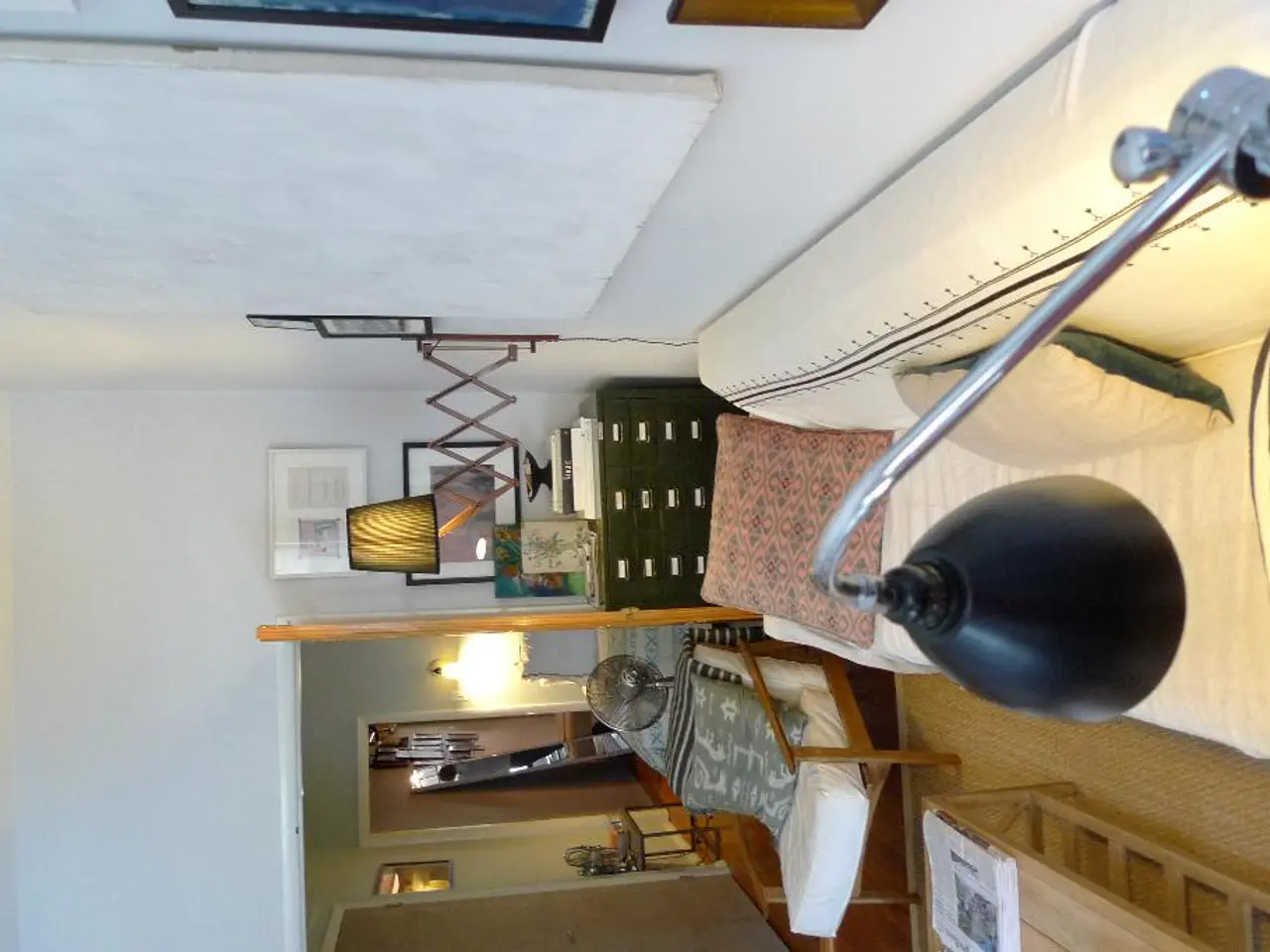Cost Considerations versus Flexibility: Understanding Rights and Duties in Rented Spaces (Furnished)
Renting a furnished apartment in Germany comes with its unique benefits and considerations. For tenants, the convenience of moving in with essentials like furniture and appliances already provided can be appealing, especially for young commuters, digital nomads, and international specialists. However, this added convenience often translates to higher monthly rents compared to unfurnished apartments.
The rent for a furnished apartment may include utilities such as heating, electricity, internet, or TV, but it's crucial for tenants to carefully read the lease agreement to understand what is included in the rent and what additional costs (Nebenkosten) might be charged separately.
Tenants renting furnished apartments under standard residential leases have similar rights to those for unfurnished apartments, including protections around eviction and deposit returns. However, if the rental is classified as a short-term or flexible rental (common for furnished apartments), tenant rights may be more limited. Short-term tenants frequently have reduced legal protections; for example, notice periods may be shorter, and dispute resolution mechanisms might be less accessible.
Furnished rentals often have contracts of variable length and simplified termination conditions tailored to flexibility, which can affect how and when tenants can terminate leases or expect deposit reimbursement. It's important to verify if the rental is registered and conforms to local regulations, especially for short-term furnished rentals, as rental laws at city or state levels may impose additional rules concerning tax, registration, and maximum rental durations.
Tenants must fulfill all usual obligations such as timely rent payments and proper care of the property and its furnishings. Failure to meet these can lead to penalties or lease termination. Since appliances and furniture come with the rental, tenants may need to take extra care and potentially face liability for any damage to these items beyond normal wear and tear.
Tenants might be responsible for paying a deposit (Kaution), and for flexible rentals, conditions for its return should be explicitly understood as they can differ from standard leases. Tenants should also expect to pay the Nebenkosten (running costs) for utilities or services only if stated in the agreement, and landlords must provide an annual statement detailing these costs for transparency.
In summary, renting a furnished apartment in Germany usually costs more and comes with specific contractual and legal nuances, especially regarding rental duration and tenant protections. Tenants should carefully review the rental contract to understand what is included in the rent, the length and flexibility of the lease, and their rights and obligations related to use and care of the furnished property.
It's essential to note that if a tenant breaks something in a furnished apartment, they have to replace it or pay damages. The rental agreement should clearly state which furniture is included in a furnished apartment. The furniture allowance should not be grossly disproportionate to the rent, and it should be realistic and traceable. The furniture allowance should be explicitly stated in the rental agreement, but it is not legally required.
Offering a furnished apartment for temporary use can be a way to circumvent the rent control law, and many tenants agree to temporary rental contracts out of fear of losing their apartment or not getting one at all. Furnished apartments may be used in practice to circumvent existing rental regulations or to increase margins on tight housing markets. The share of ads for furnished apartments nationwide increased by 45% from 2013 to 2022, and one in three offers in the five largest German cities is now for furnished apartments.
Any apartment can be rented furnished or partially furnished. If furniture or appliances need to be replaced or repaired due to normal wear and tear, this is the landlord's responsibility, but only if the provision of furniture is part of the rental agreement. Tenants have no obligation to see receipts for the purchase date and cost of the furniture, but asking for them can help assess the level of the furniture allowance. All tenant protection rights, such as notice periods and the rent control law, do not apply to temporary rental agreements. A built-in kitchen can be considered furniture in a furnished apartment.
- For those seeking a convenient lifestyle without the hassle of setting up a home, a furnished apartment in Germany might be an attractive option, especially given the possibility of utilities like heating, electricity, internet, or TV being included in the rent.
- When considering a home-and-garden setup within a furnished apartment, it's essential to remember that the furniture allowance, if stated, should be realistic and traceable, and the rental agreement should clearly outline which furniture is included.



